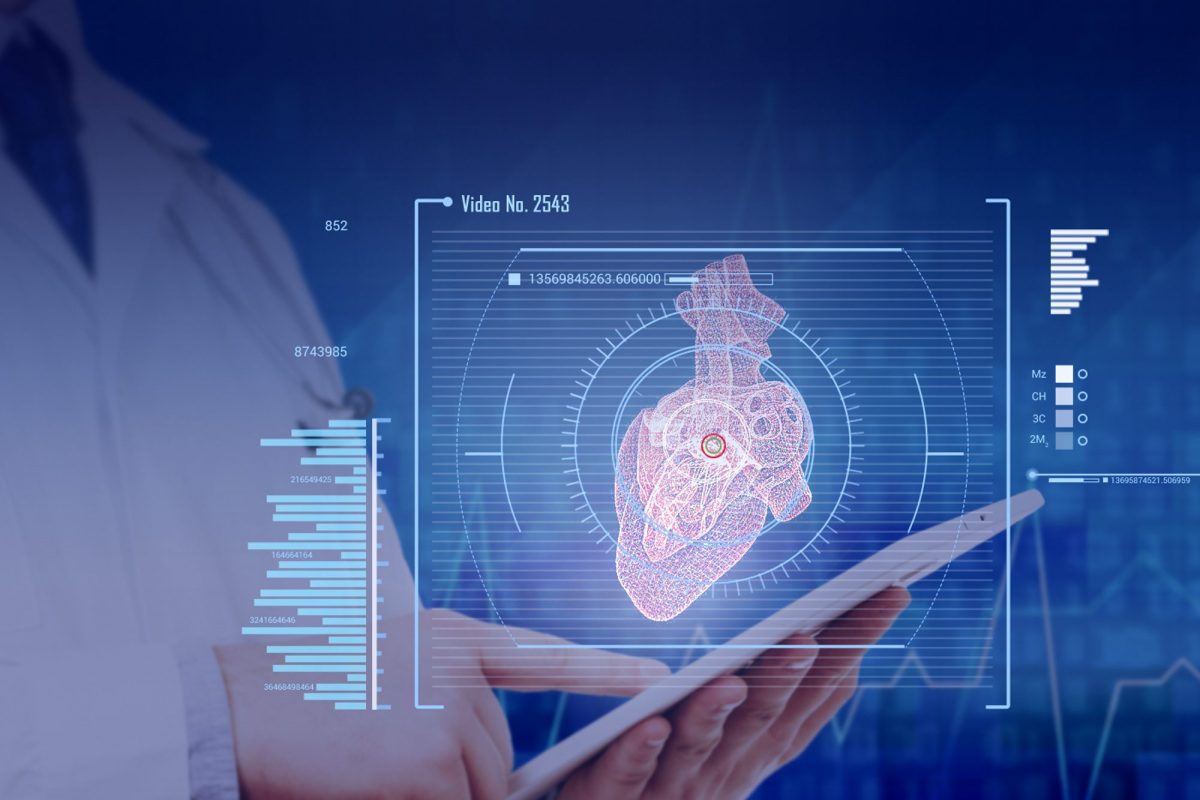Cutting-Edge Neurological Interventions for Enhanced Well-being

Cutting-Edge Neurological Interventions for Enhanced Well-being
Neurological interventions have evolved significantly, offering innovative approaches to address various neurological conditions. In this exploration, we’ll delve into the realm of cutting-edge neurological interventions and their role in enhancing overall well-being.
Advancements in Brain Stimulation: A Paradigm Shift
One notable area of progress in neurological interventions involves brain stimulation techniques. Non-invasive methods like transcranial magnetic stimulation (TMS) and transcranial direct current stimulation (tDCS) are gaining prominence. These interventions modulate neural activity, showing promise in treating conditions such as depression, anxiety, and certain neurological disorders.
Neuropharmacology: Targeted Drug Therapies
Advances in neuropharmacology have led to targeted drug therapies for neurological conditions. Precision medications designed to modulate specific neurotransmitters or pathways are being developed. These drugs aim to minimize side effects and enhance efficacy in treating conditions like epilepsy, migraines, and neurodegenerative disorders.
Deep Brain Stimulation (DBS): Precision in Movement Disorders
Deep Brain Stimulation (DBS) has revolutionized the treatment of movement disorders such as Parkinson’s disease. This surgical intervention involves implanting electrodes in specific brain regions and connecting them to a pacemaker-like device. DBS helps regulate abnormal neural activity, significantly improving motor symptoms and enhancing the quality of life for individuals with certain neurological conditions.
Neurofeedback and Cognitive Training: Harnessing Brain Plasticity
Neurofeedback and cognitive training capitalize on the brain’s plasticity—the ability to reorganize itself. These interventions involve exercises and activities that aim to enhance cognitive functions and address neurological issues. From improving attention and memory to managing conditions like ADHD, neurofeedback and cognitive training offer non-invasive ways to promote brain health.
Precision Medicine in Neurology: Tailoring Treatments to Individuals
The concept of precision medicine is making its mark in neurology. By analyzing an individual’s genetic makeup and other factors, neurologists can tailor treatments more precisely. This personalized approach allows for targeted interventions, optimizing therapeutic outcomes while minimizing adverse effects.
Neurorehabilitation and Robotics: Restoring Functionality
Neurorehabilitation has witnessed the integration of robotics to enhance rehabilitation outcomes. Robotics assist individuals in regaining motor skills and functionality after neurological injuries or diseases. These interventions not only improve physical capabilities but also contribute to the overall well-being and independence of patients.
Telemedicine in Neurology: Enhancing Accessibility
The rise of telemedicine has transformed the delivery of neurological interventions. Remote consultations, virtual follow-ups, and telemonitoring are becoming integral parts of neurology care. This evolution enhances accessibility, allowing individuals to receive expert guidance and interventions without geographical constraints.
Neuroimaging Advances: Precision Diagnosis and Treatment Planning
Technological advancements in neuroimaging, such as functional MRI (fMRI) and positron emission tomography (PET), enable more precise diagnosis and treatment planning. These imaging techniques provide detailed insights into brain function and structure, aiding neurologists in developing tailored interventions for conditions like epilepsy, tumors, and neurodegenerative diseases.
Genetic Therapies in Neurology: A Promising Frontier
The field of genetic therapies holds promise for neurological interventions. Researchers are exploring gene-editing techniques to address genetic abnormalities underlying certain neurological conditions. While still in the early stages, genetic therapies have the potential to revolutionize treatment approaches for disorders with a strong










